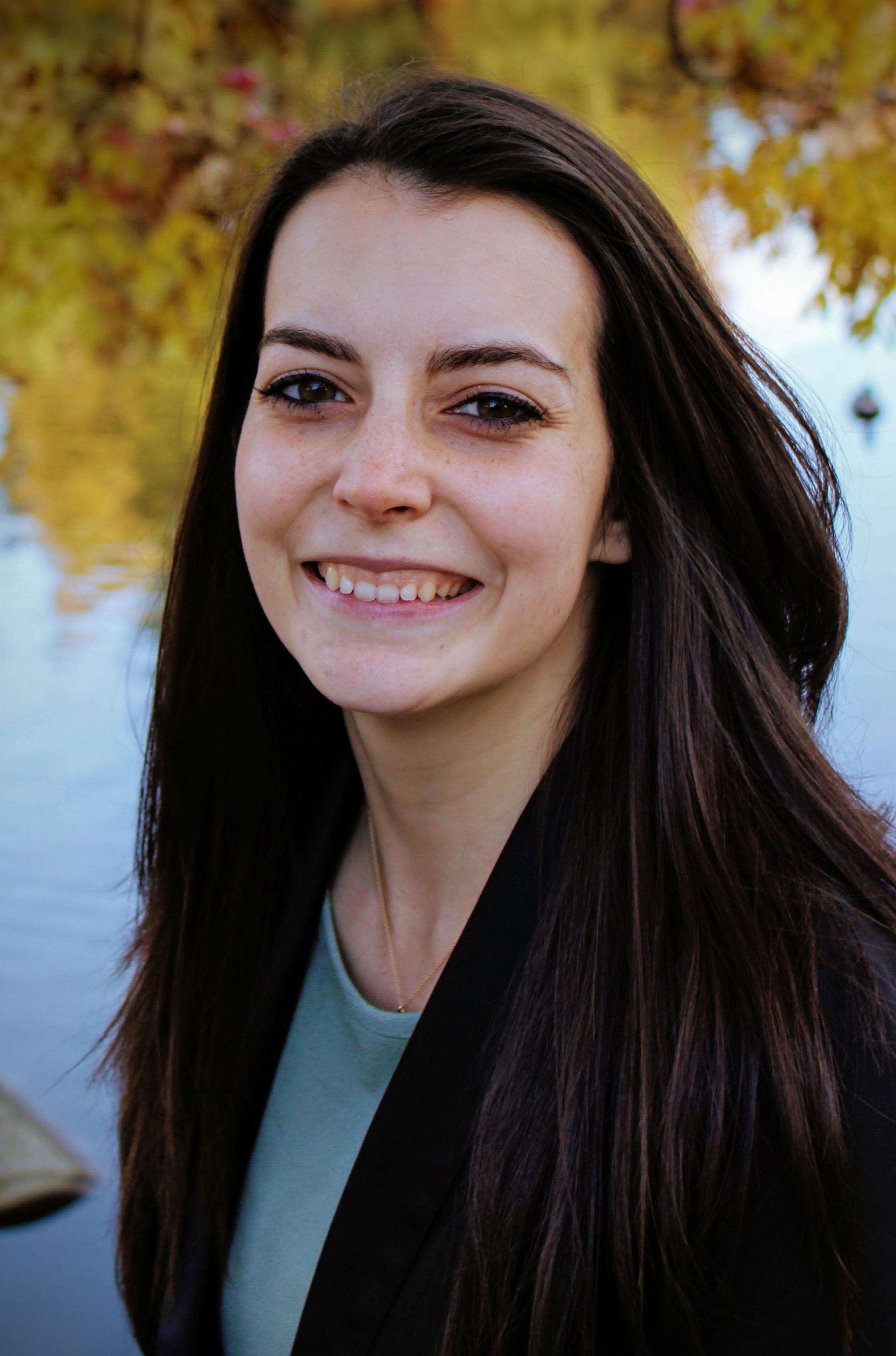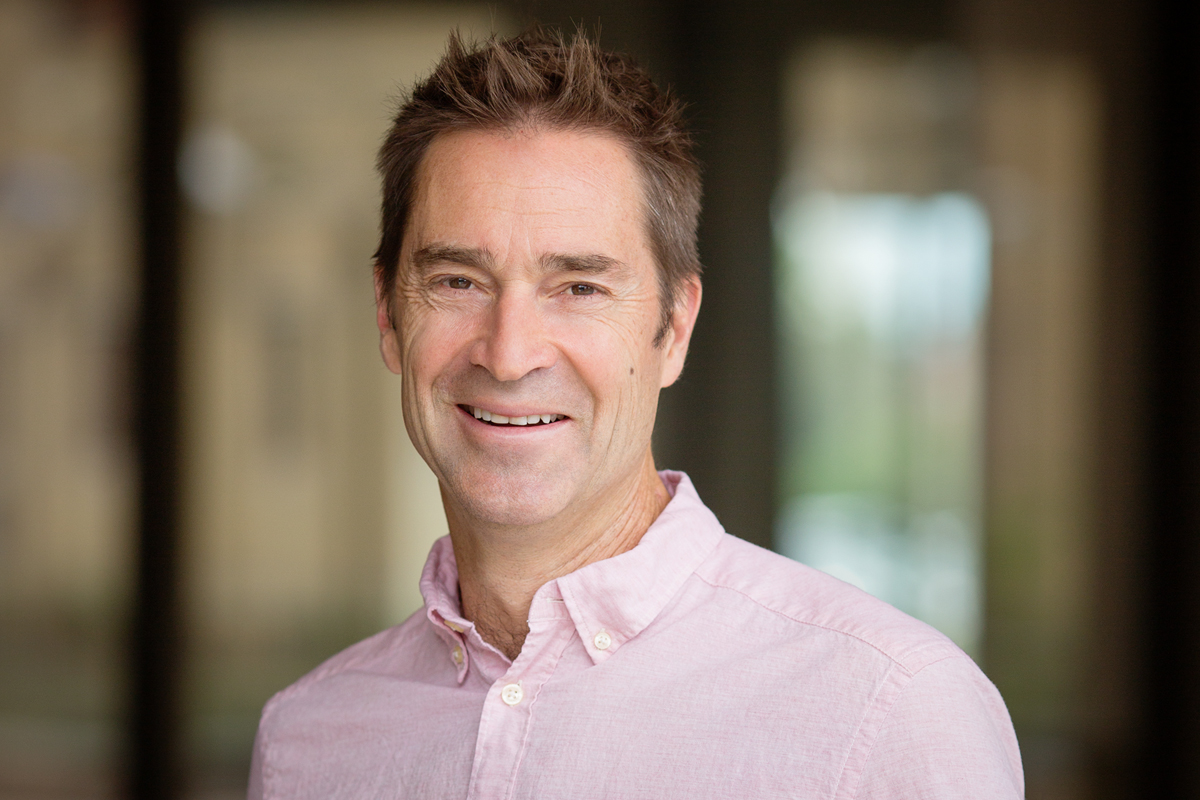An Interview with 2019 Block Award Winner, Dr. Brent W. Roberts
Olivia Atherton (Interviewer)


Ten years ago, I joined your lab as a very excited, undergrad research assistant, and one of the first tasks I had was listening to recordings of participants’ Life Story Interviews for the HASCI study. So, I thought it might be fitting if I created a modified version of the interview for this purpose… an abbreviated Career Story Interview!
1. What is your “earliest memory” in personality psychology? What led you to study personality psychology in the first place?
I don’t really have an earliest memory of note. I did not take a personality course as an undergrad and only came across the field after graduating. I have a distinct memory at the time of wanting to study the opposite of clinical psychology by focusing on optimal functioning and human potential, rather than dysfunction. It seemed that personality psychology, and especially the Berkeley program, was the ideal place for me given those motivations. Of course, 25 years into the career we now know that the distinction between normal personality and clinical psychology is more cosmetic than real. So much for inspirations.
2. If you were to divide your career into chapters, how would you do it?
- Grad School: curiosity; anxiety; writing pains; marriage; tennis with Rick Robins
- Tulsa the first 3 years: the Hogans; collaborating with Rick & Avshalom; teaching methods; volleyball, tennis, & rowing
- Tulsa the last 2 years: suddenly understanding what I was doing; volleyball & tennis; our first daughter
- Illinois pre-tenure: conscientiousness; grad students; first grants; first meta-analysis; volleyball & tennis; our second daughter
- Illinois post-tenure: more conscientiousness; lots of grad students; more meta-analyses; volleyball & tennis; my wife going back to get a PhD
- Illinois full professor early years: panel studies; Germany; genes; predictive validity; tennis & running; my wife getting a tenure track job
- Illinois full professor 2011 on: the age of collaboration; Ulrich Trautwein’s Tübingen group; reproducibility crisis; running & triathlons; our daughters growing up
3. Have you experienced any kind of “turning point” in your career and/or research program?
I’ve experienced several turning points. The most profound occurred about three years post-Ph.D. I finally figured out what I was doing. Up until that point I was very focused on getting projects and papers done so I could get and keep a job. It wasn’t until 3 years after the PhD that I had enough perspective to understand what I could contribute to the field. I had a distinct feeling of being under water before then, and then breaching the surface of the water and seeing the horizon and knowing what projects I needed to work on—this led to the meta-analyses and the longitudinal work with Caspi & Moffitt. The other turning point was, of course, the 2011 period where it became awkwardly apparent that a fair number of my friends had been systematically publishing findings that were not robust. That was, and still remains, a less rewarding turning point.
4. What does the next chapter of your career hold? What future projects or topics are you most excited about? What are your hopes and dreams for the field?
I’ve just become the director of the Center for Social and Behavioral Science at the University of Illinois. It gives me the chance to work with over 700 social and behavioral scientists from across the entire campus, which is like getting to play in the best intellectual sandbox you could find. That should keep me busy for a few years.
On the research front, I’m really excited by three projects. In the first, I’m collaborating with Chris Soto and Chris Napolitano to bring some definitional clarity and discipline to the new/old field of social and emotional skills. The educational psychologists and economists have fostered this area of inquiry and in so doing were kind enough to include personality concepts in the mix. The downside of their inclusiveness is that there is a lot of confusion about what constitutes a social and emotional skill, how it might differ from other concepts, like traits, and how best to measure them. We have initiated a comprehensive program of research to help clarify things.
Second, I’m keen on a program of research to use dynamic artificial intelligence systems to do a better job of assessing personality. We have amazing tools at our disposal that can move us closer to providing continuous assessments of thoughts, feelings, and behaviors. These new types of assessments can be used as better grist for the mill than the traditional self-report personality survey items. I hope to use these systems in new longitudinal research where we can do a much better job of tracking development.
Third, working with several teams, but mostly Mathias Allemand, we are examining how we can change personality traits through interventions. We are trying a bunch of different things from traditional clinical interventions to app-based interventions targeted at specific Big Five traits. It is a lot of fun just to try something so contrary to the typical thinking in personality psychology.
I really hope the field continues to be healthy and vibrant. It is in a much better place than when I started my career. I truly hope it becomes widely accepted and entirely boring because of that.
5. Looking back over your career thus far, can you identify a central message or idea that runs throughout? What is the major theme?
I’d like to argue that personality change was my main theme, but that would be painting a much cleaner picture than my record indicates. I’ve been given the chance to dabble in lots of different issues within personality psychology, and with how it interfaces with other fields like education and economics, and it has been so much fun. It has been a nerd’s delight.
6. After reflecting on your career story, what advice do you have for early career researchers in personality psychology?
Survivor bias is real. Therefore, don’t take advice from old people who won the lottery and mistake their luck for wisdom. Your career is your career. Go ahead and make it the way you like it.
Congratulations on receiving the Block Award, Brent!